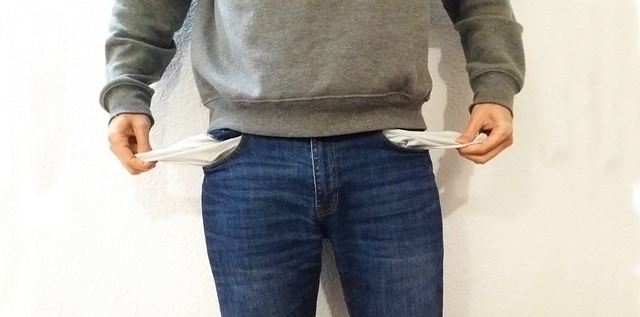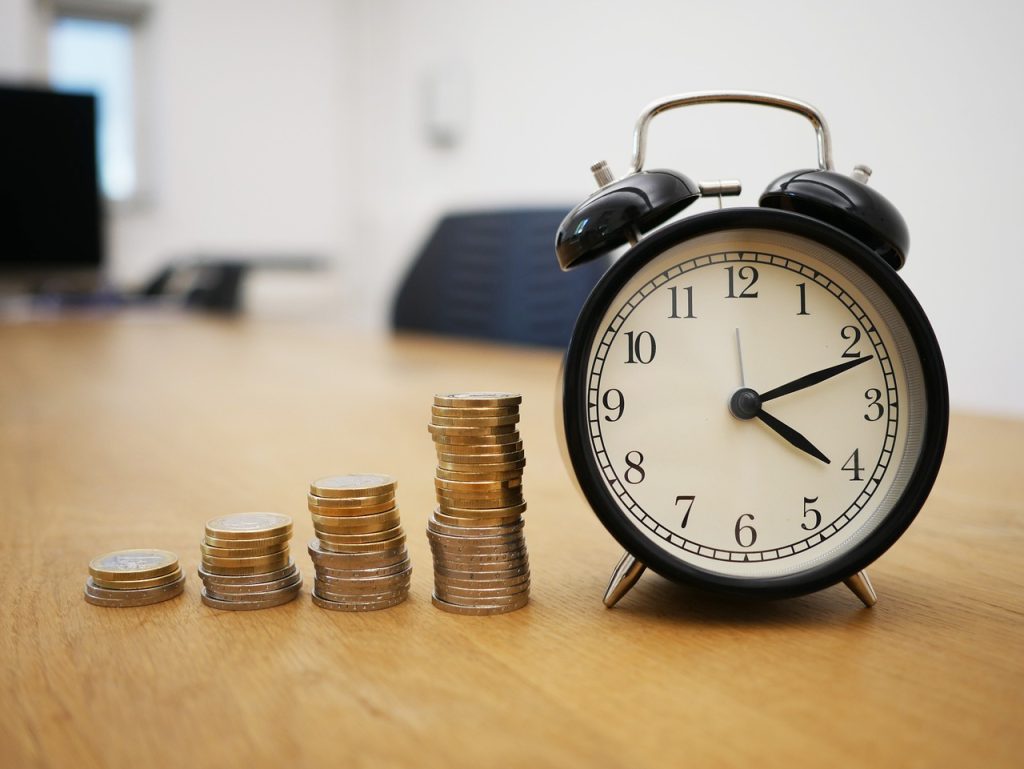Saving Superstar is all about managing finances and trying to avoid getting into too much debt. As that isn’t always possible, how can you manage what comes next?
What can you do if you can’t pay your bills or existing debts?
There’s actually quite a lot you can do.
Make a list of what you owe and to whom
Use your household budget if you have one and make a list of everything you owe and to whom.
If it’s bills, note the company next to each entry. If it’s credit cards or other finance, note the company and the interest rate you’re paying.
This will help you assess who you may miss paying and by how much. It will also help you prioritise paying your debts by identifying the most expensive and paying those first.
If you have what’s called priority debts, mortgage, rent, council tax or energy, those must be paid first.
Priority debts have an impact on how you live and the consequences of missed payments can be severe. It’s always best to prioritise those before any others.
Make cutbacks wherever possible
Your budget should show you exactly where your money is going and how much you’re short each month.
See if you can identify any cutbacks you can make, even temporarily. If you’re already spending the absolute minimum, see if there are additional ways to make income.
If you can neither cut back nor earn more, it’s time to talk.

Talk to your creditors
The next thing you should do is talk to your creditors.
Whether that’s your energy supplier, credit card company, mortgage company or someone else. Being proactive is the very best way to manage any debt situation.
Take control and pre-empt any missed payment and the creditor will very likely view you more favourably than if you have missed a payment.
Talk to them before you miss a payment and they will be much more agreeable to a payment plan or other arrangement.
Talk to them after you miss a payment and they will be less likely to agree such a plan.
If you can work something out, great.
Check your benefits
Are you one of the millions of people entitled to benefits but doesn’t claim them? Check to see what benefits you may be entitled to and make sure to claim them.
Benefits are there to help you when you need them most. Check now and see if you can claim.
Even a few extra pounds per week could make a real difference.
Use the Breathing Space (Debt Respite Scheme)
The Breathing Space (Debt Respite Scheme) is a government scheme run in England and Wales that provides a little time to get your finances in order.
The scheme provides up to 60 days where creditors cannot chase you for debt and where they cannot add interest to anything you already owe.
The scheme is primarily for those struggling with debt but is something to consider to help prevent you falling too far behind.
Consider an Individual Voluntary Arrangement
An Individual Voluntary Arrangement is not something to be entered into lightly and should only be considered as a last resort.
You should seek professional help before you agree to one too.
It’s an agreement where you and an insolvency practitioner arrange to pay off all your debts over a set period. You will need to pay everything back but no interest will be added and you get a little space to get back on your feet.
It’s a great alternative to bankruptcy and an alternative to a Debt Relief Order if you owe more than £30,000.
Managing debts in tough times
Nobody likes being in debt but it’s something most of us have to get used to.
If you’re struggling to make ends meet and think you may not be able to pay all your debts, you need to act.
Get proactive and take control and you’ll do a lot better than if you let them spiral out of control. Creditors will also usually treat you better too.
Do what you can yourself first. Create a budget, make cutbacks, earn more if you can and pay your primary debts first.
If you’re still doing to come up short, talk to Citizens Advice or a debt counsellor. There is help out there if you need it.

